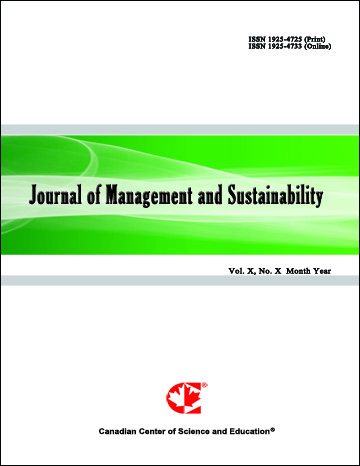The Effects of US State-Level Energy and Environmental Policies on Clean Tech Innovation and Employment
- Ross Gittell
- Josh Stillwagon
Abstract
This paper explores the influence of US state-level policies meant to address climate change on clean technology industry development. The largest influence of climate change policies is identified as being on energy research employment. Only some policies seem to contribute positively to clean tech employment while other policies appear to discourage employment growth. The magnitudes of the short term effects, even when statistically significant, are modest. Negative impacts on employment are identified for several mandate-oriented, so called command and control, policies including vehicle greenhouse gas standards, energy efficiency resource standards, and renewable portfolio standards with the former two having increasing negative effects over time. The findings suggest that climate change policy advocates should be careful to not assume that there will be positive clean tech employment benefits from state-level energy and environmental policies. Instead, the benefits from these policies may derive primarily from other considerations beyond the scope of this paper, including health and environmental benefits and reduction of dependence on foreign energy sources.
- Full Text:
 PDF
PDF
- DOI:10.5539/jms.v6n2p1
Journal Metrics
Google-based Impact Factor (2021): 1.54
h-index (July 2022): 37
i10-index (July 2022): 147
h5-index (2017-2021): 12
h5-median (2017-2021): 19
Index
- Academic Journals Database
- ANVUR (Italian National Agency for the Evaluation of Universities and Research Institutes)
- CAB Abstracts
- CNKI Scholar
- EconBiz
- Excellence in Research for Australia (ERA)
- GETIT@YALE (Yale University Library)
- Harvard Library
- HeinOnline
- Infotrieve
- JournalTOCs
- LOCKSS
- MIAR
- PKP Open Archives Harvester
- RePEc
- Scilit
- SHERPA/RoMEO
- Stanford Libraries
- UCR Library
Contact
- Evelyn XiaoEditorial Assistant
- jms@ccsenet.org
